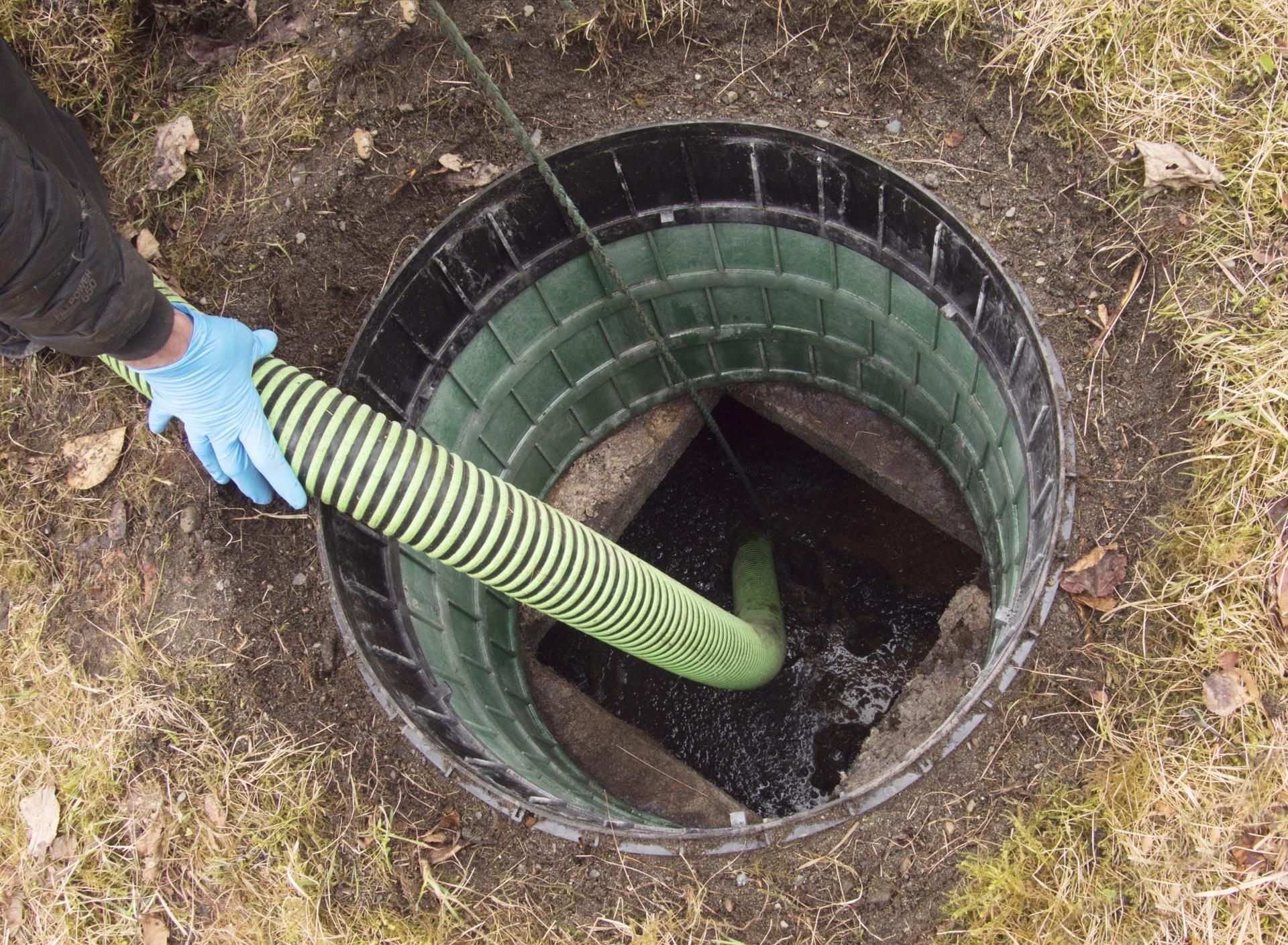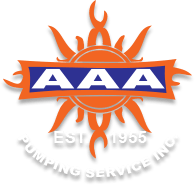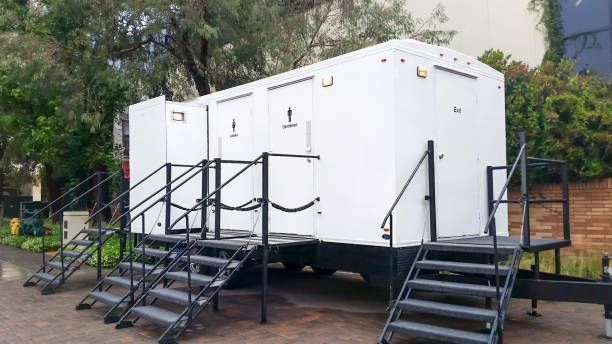Things to Know About Grease Trap Maintenance

Grease trap maintenance refers to the regular care and cleaning of grease traps to ensure they function properly and prevent issues such as clogs and odors. Grease traps are devices designed to intercept and capture fats, oils, and grease (FOG) from wastewater generated in commercial kitchens and food service establishments before it enters the sewer system.
Proper maintenance is crucial to prevent these substances from accumulating in pipes and causing blockages, which can lead to costly plumbing problems and environmental issues.
How It Works
Here are key aspects of grease trap maintenance:
Regular Cleaning
Grease traps need to be cleaned regularly to remove accumulated FOG and solid particles. The frequency of cleaning depends on the size of the trap and the volume of wastewater generated. Generally, it's recommended to clean grease traps at least once a month.
Professional Service
Many businesses hire professional grease trap cleaning services to ensure thorough and proper cleaning. These services use specialized equipment to pump out the accumulated grease and clean the trap thoroughly.
Scraping and Removal of Solids
In addition to FOG, grease traps also capture solid debris. During maintenance, it's important to scrape off and remove these solids, preventing them from building up and causing blockages.
Inspection
Regular inspections of the grease trap help identify any issues or potential problems. This includes checking for leaks, ensuring the trap components are in good condition, and verifying that the trap is properly sized for the facility's needs.
Record Keeping
Keeping records of maintenance activities, such as cleaning dates and any issues discovered during inspections, is essential. This documentation can be valuable for compliance with local regulations and may be required by authorities.
Employee Training
Proper training of kitchen staff is important to ensure they understand the importance of not pouring grease, oil, or food scraps down the drain. Educating employees on best practices can help minimize the amount of FOG entering the grease trap.
Benefits of Grease Trap Maintenance
Here are compelling reasons why regular grease trap cleaning is indispensable:
Prevents Clogging and Backups
As grease accumulates in the trap, it solidifies, forming a thick layer that can clog pipes and cause backups. These backups can lead to unpleasant odors, overflowing drains, and even sewage spills, disrupting business operations and posing health hazards. Regular cleaning removes this grease buildup, ensuring smooth drainage and preventing costly plumbing problems.
Cost-Effective Maintenance
Neglecting grease trap cleaning can lead to expensive repairs and replacements. When grease overflows, it can damage pipes and sewer lines, requiring extensive plumbing work. Additionally, a clogged grease trap can harbor harmful bacteria, necessitating professional cleaning and disinfection. Regular cleaning prevents these issues, saving businesses money in the long run.
Better for the Environment
Grease entering the sewer system can disrupt wastewater treatment processes and harm aquatic life. Grease can solidify in sewer lines, causing overflows and pollution. Regular grease trap cleaning prevents these environmental threats by keeping grease out of the sewer system.
Helps Kitchens Smell Nicer
Grease traps, when left uncleaned, can emit unpleasant odors due to the breakdown of organic matter. These odors can permeate the kitchen, creating an unhygienic and unprofessional environment. Regular cleaning eliminates these odors, maintaining a clean and fresh-smelling kitchen.
Keeps Your Kitchen Safer
Grease traps often contain flammable materials, and grease buildup can increase the risk of fire hazards. Regular cleaning reduces the accumulation of grease, minimizing fire risks and enhancing kitchen safety.
Maintains Your Trap's Effectiveness
Over time, grease buildup can hinder the grease trap's ability to separate grease from wastewater. Regular cleaning ensures that the trap functions efficiently, preventing grease from entering the sewer system.
Compliance with Regulations
Many municipalities have regulations requiring regular grease trap cleaning for commercial establishments. Neglecting these regulations can result in fines and penalties. Regular cleaning ensures compliance and avoids legal issues.
Regular grease trap cleaning is not just a maintenance chore; it's an investment in your kitchen's health, safety, and environmental responsibility. Contact AAA Pumping Service for reliable plumbing services.
Contact Information
Address: 2855 2nd Street Southwest , Albuquerque, NM 87102
Phone: 505-345-3965
Payment Options







